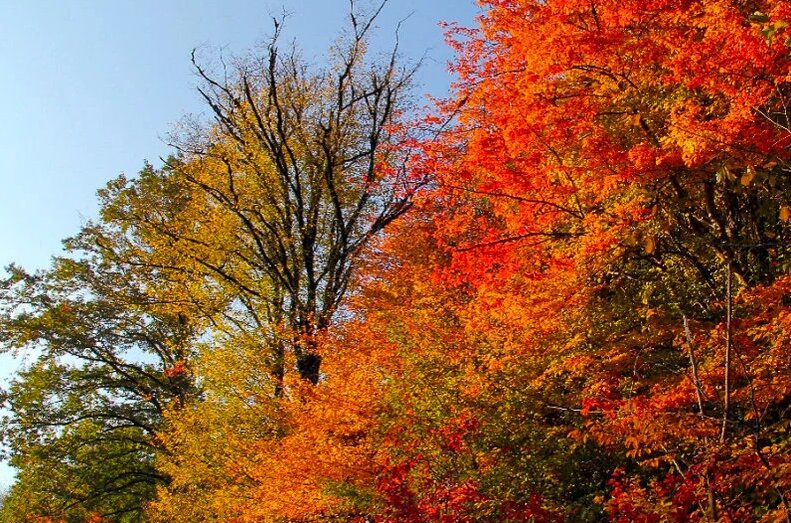Five natural elements in northern Iran made national heritage

TEHRAN – Five natural elements, including long-lived trees, which are located in Iran’s Mazandaran province, have gained national status.
“Five natural elements in Mazandaran province have been added to the national heritage list by the Ministry of Cultural Heritage, Tourism and Handicrafts,” the provincial tourism chief said on Tuesday.
The newly registered elements include two long-lived trees, a spring, a cave, and a waterfall, Hossein Izadi said.
Emphasizing that these natural sites possess cultural, historical, and natural value and are of interest to the people of the region, the official added, “Protecting these registered heritage sites is an important capacity in the region that can lead to attracting tourists and economic development.”
Mazandaran has numerous cultural, spiritual, historical, and natural heritage sites. The identification and registration of these sites to prevent their destruction and preserve them falls under the responsibility of the provincial directorate for cultural heritage and tourism, Izadi explained.
“However, the actual preservation and sustainability of these sites for future generations lie in the hands of the people and all executive bodies.”
Sandwiched between the towering Alborz mountain range and the Caspian Sea, the picture-perfect province has long been a highly popular destination for domestic travelers. To cite an example, more than 1.8 million domestic travelers, the majority of whom were from Tehran, rushed the province on August 1 and 2. The consecutive days were declared national holidays by the government due to a heat wave that saw temperatures touch record levels across the country.
Its ever-present green landscapes provide a perfect backdrop for hiking, biking, and exploring. Visitors can take a stroll at the stunning Larijan hot springs, one of the most famous natural attractions in the region, and relax after a long day of exploring. Moreover, the varied nature of the province features plains, prairies, forests, and rainforests stretching from the sandy beaches of the Caspian Sea to the rugged and snowcapped Alborz range, including Mount Damavand, one of the highest peaks and volcanos in Asia. More than 800 registered historical and cultural sites, 338 km of shoreline, mineral springs in jungles and mountains, waterfalls, and caves are among the major tourist attractions in the province.
When it comes to local cuisine, the Mazandaran region is a food lover's paradise as well. The region is well-known for its diverse cuisine made with fresh and organic ingredients. Many of its popular dishes have a flavorful mix of white rice, fish, and herbs, cooked with sour orange juice. Its distinctive dishes include: Aghuz Mossama (walnut dish), Tah Chin, Torsh Torshu, Do Pati, Espenasak, pumpkin soup, Esfenaj Marji, Kahi Anar (a dish made from pumpkins), Naz Khatun, Qaliye, Khoresht-e Alu and Aghuznun.
In the early 20th century, by constructing seven new roads and railways, the provinces of Mazandaran and Gilan became known as Shomal by all Iranians (meaning “the North” in Persian).
AFM
Leave a Comment